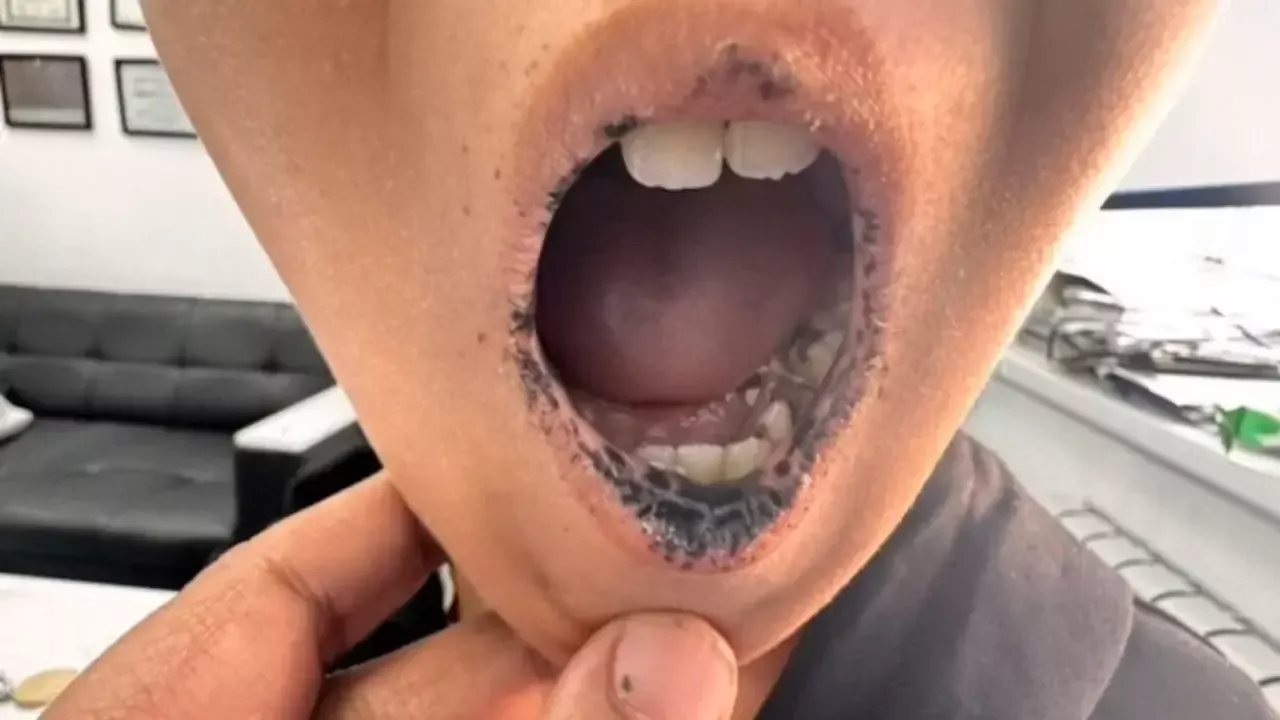Rare Peutz–Jeghers Syndrome Diagnosed in Kyrgyzstan

A rare and dangerous disease has been identified in the healthcare sector in Kyrgyzstan, causing concern among specialists. This was reported by Zamin.uz.
A patient with Peutz–Jeghers syndrome was admitted to the pediatric oncology department of the Maternal and Child Health Protection Center. This disease is very rare and mainly hereditary, with symptoms often appearing in childhood.
Symptoms of the disease include the appearance of dark brown or black spots on the skin and mucous membranes around the mouth, lips, and cheeks, as well as sometimes on the hands and feet. Patients have a high likelihood of developing polyps in the gastrointestinal tract.
These polyps usually occur in the small intestine but can sometimes appear in the stomach, large intestine, or other internal organs. They often have a benign structure initially and are considered safe, but over time they can turn into malignant tumors.
The main cause of the disease is a mutation in the STK11 (LKB1) gene. This mutation is inherited in an autosomal dominant manner from parent to child, meaning if one parent is affected, there is a 50 percent chance the child will also develop the syndrome.
Experts indicate that the greatest risk of Peutz–Jeghers syndrome is the development of various oncological diseases, including cancers of the pancreas, intestines, stomach, breast, ovaries, cervix, and testicles. Symptoms include abdominal pain, intestinal obstruction or constipation, anemia due to bleeding, and fatigue.
In some patients, mouth spots and polyps cause health problems starting from childhood. Endoscopy, colonoscopy, capsule endoscopy, and genetic testing are important for diagnosis.
Treatment involves endoscopic or surgical removal of polyps, regular screening, and preventive measures. Specialists urge parents to promptly consult a doctor if unusual spots or pains appear in their children.
Early diagnosis and continuous monitoring are crucial factors in preventing severe complications of the disease.







